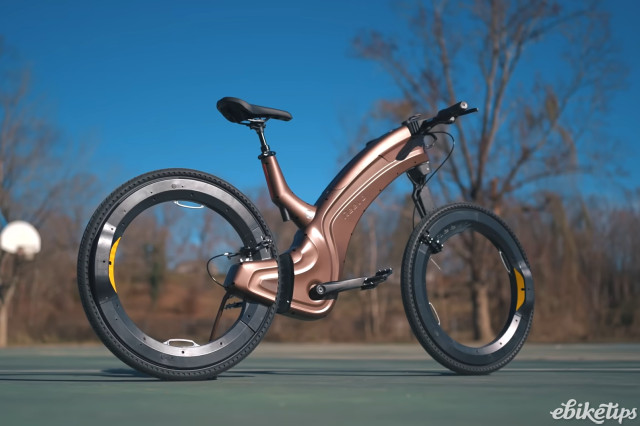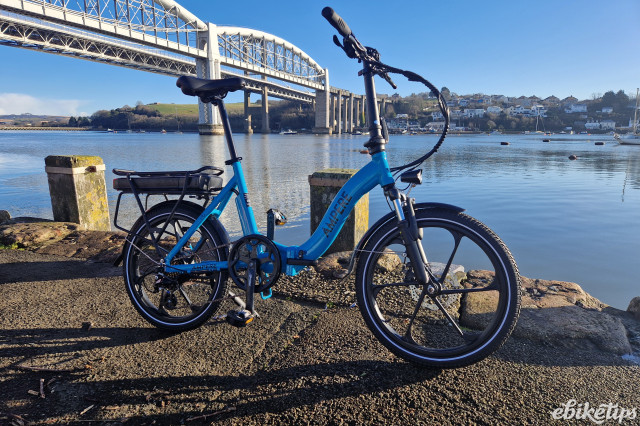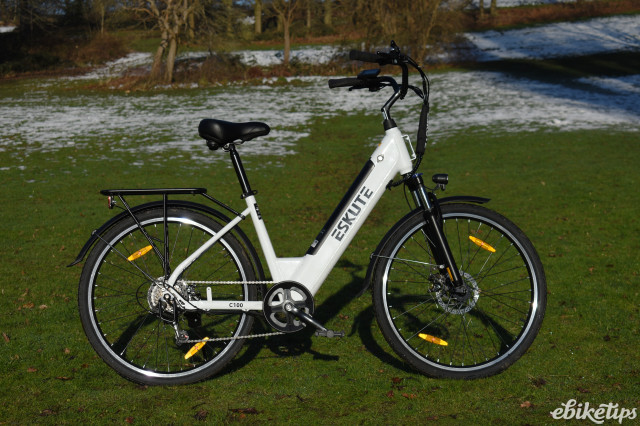Transport for London (TfL) and London Councils have launched a competition to identify up to three operators for a 12-month trial of e-scooter hire schemes.
A blanket ban on riding e-scooters on UK roads and cycle lanes was partially lifted on July 4 to allow for trials of rented scooters covered by a motor vehicle insurance policy.
The use of privately owned e-scooters on public roads remains illegal.
A number of UK towns and cities are now trialling hire schemes. Tier have begun operating in York; Zwings are running schemes in Dundee and Yeovil; while Voi are operating in Northamptonshire, Cambridgeshire, Liverpool and Bristol.
Mayor Philip Glanville, Chair of London Councils’ Transport and Environment Committee, commented: “We are going ahead with this year-long trial to explore whether rented e-scooters could be a positive addition to London’s transport network, complementing walking, cycling and public transport and supporting our city-wide response to the coronavirus pandemic.
“Running the trial safely is vital and operator performance will be regularly reviewed. All companies applying to join the trial will need to demonstrate they have plans in place to keep our streets clear and protect riders, pedestrians and other road users – including more vulnerable Londoners.
“We will also be looking for operators that understand London’s unique and diverse local communities and infrastructure, and can work with London Councils, TfL and individual boroughs.”
So far around a third of London’s boroughs have expressed their intention to join the trial, with more considering joining at a later stage.
However, as each borough has the right to veto a trial taking place in their jurisdiction, there is a possibility of there being large areas where scooters cannot be used. Wandsworth, Lewisham, Hackney and Islington are reportedly unlikely to take part.
The total number of e-scooters involved in the trial has not yet been determined, but TfL and the boroughs are planning a conservative start with between 60 to 150 e-scooters per participating borough.
Operators who are judged to be performing well will be permitted to increase the number of e-scooters in their fleet over the course of the trial, whilst those who fare less well may have to reduce theirs.
Boroughs will control parking locations and will be able to designate certain areas as ‘no-go areas’ where e-scooters cannot be ridden and where they will automatically come to a safe stop.
They will also be able to set up ‘go-slow areas’ where the speed of the e-scooter will be automatically limited to 8mph.
E-scooters will not be allowed on pavements, but will be able to use the same space as bicycles.






